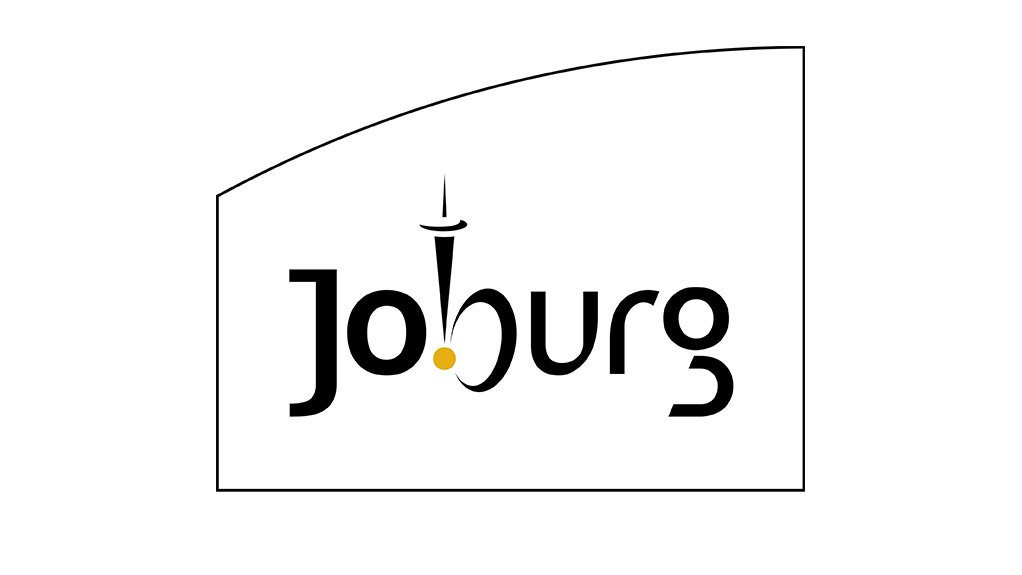The City of Johannesburg (CoJ) highlighted on Tuesday that its current debt, which is sitting at close to R48-billion, is unsustainable.
The municipality explained that a lot of the debt owed included money for rates, taxes, sewer, electricity and water, owing to illegal connection of services by businesses, residents and big organisations.
The CoJ said it was pleased with the recent High Court judgment which ruled that the municipality cannot be legally compelled to continue to supply electricity to a massive residential block of flats in Hillbrow which had, for years, illegally connected itself to the electricity grid.
The municipality said that it had noticed that over the years, many defaulters were often ready to approach courts to interdict the City from cutting off their services.
“The court should not encourage a breakdown in the rule of law which it, in my view, would be doing if it were to overlook the conduct of the applicant [39 Van Der Merwe Street Hillbrow] and compel the respondents to provide electricity to it,” said CoJ communications & stakeholder management director Kgamanyane Maphologela.
The City said it had been locked in a legal battle with the Hillbrow property since 2012 over disputed electricity payments.
The property had, over the years, sought court orders to prevent the City from disconnecting its electricity supply.
The City contends the property owes more than R2.9-million, which has accumulated over the years because of short payments to the City.
The court found that the property had consumed electricity illegally and had been underpaying the City for the supply of electricity.
According to the applicant, which is the Hillbrow property, its own evidence to the court shows that in one of the monthly payments it paid as little as R1 948.59 for electricity for the entire block of flats.
The Hillbrow property could not explain how 208 tenants could have consumed less than R15 worth of electricity every month over the years, the municipality said.
The court explained that evidence demonstrated that the respondents’ claim that an illegal connection was discovered at the property was certainly not far-fetched or unrealistic.
“The judgment also found that interim interdicts are capable of being, have been, and continue to be abused by the party that succeeds in securing or resisting one,” the CoJ said.
The applicant’s urgent court intervention was dismissed with costs.
EMAIL THIS ARTICLE SAVE THIS ARTICLE ARTICLE ENQUIRY
To subscribe email subscriptions@creamermedia.co.za or click here
To advertise email advertising@creamermedia.co.za or click here











